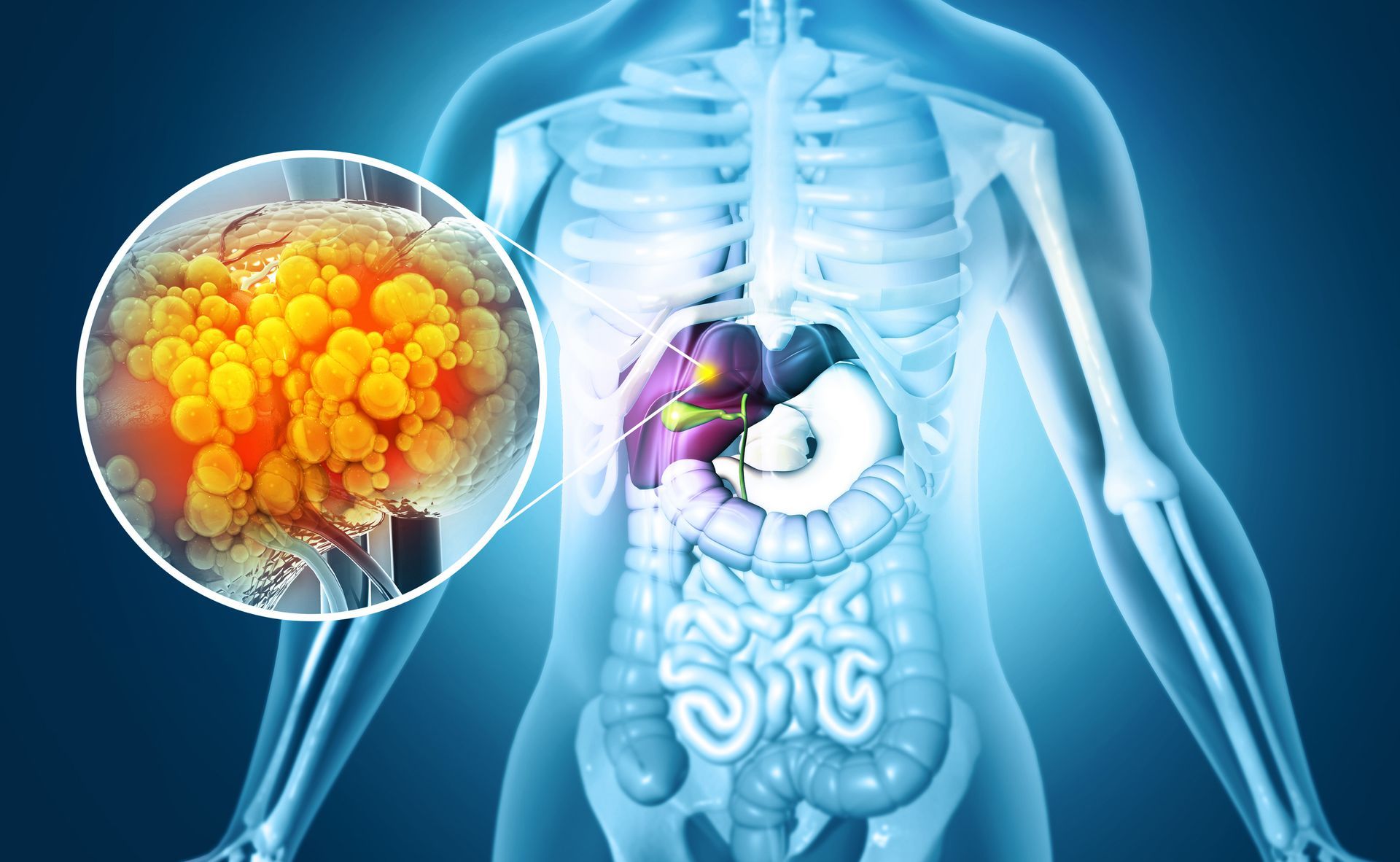What are Probiotics and What Do They Do?
Your digestive system is the home of your microbiome. Your microbiome is a collection of microorganisms that offers many health benefits for you neurological, immune, and gastrointestinal systems. Keeping the microbiome in your colon and other parts of your digestive system healthy is an important responsibility that is greatly influenced by what you eat and drink. One thing in particular that can improve your digestive health and the good bacteria in your body is probiotics.
Benefits of Probiotics
Gut flora, or microbiota plays a key role in the digestive process. It has also been proven to provide the following health benefits.
- Nutrient Synthesis – Your microbiome’s bacteria is able to synthesize the nutrients that your body needs, but can’t produce on its own. Vitamins B12 and K are a couple of examples.
- Immune System Enhancement – While it’s common for your immune system to use inflammation as a defense mechanism, it can be overwhelming and cause other health problems. Parts of your microbiome can help your immune system work more efficiently, and prevent inflammation from becoming an issue.
- Pathogen Defense – The microbiota in your digestive system is comprised of “good” bacteria. Due to it’s activity, it uses all of the resources your body provides for fuel, meaning that pathogens, or “bad” bacteria can’t multiply or survive. Some microbiota can also create different compounds and enzymes to find and kill pathogens, keeping your healthy.
Because of these and other benefits, keeping your microbiome in a healthy state is important. This is where probiotics become helpful. Probiotics are live microbiota that supplement the bacteria that exists naturally in your colon. Not only do probiotics fill in gaps or shortages of a particular bacteria, they also encourage the growth and performance of the microorganisms already in your system.
Another benefit that probiotics offer is by mitigating some of the side effects of antibiotics. Antibiotics are prescribed to treat infections by killing a certain bacteria. As this happens, other, helpful bacteria can also be eliminated. Probiotics can counteract this consequence and restore the balance in your microbiome, and reduce the risk of unpleasant gastrointestinal issues.
Good Sources of Probiotics
Probiotics can be found in many of the foods you already eat, particularly in fermented foods like yogurt and pickled vegetables. They are also available as supplements, with each pill containing tens of millions of bacteria.
While probiotics can offer a number of digestive health benefits, seeing your gastroenterologist is an important part of a maintaining a healthy lifestyle. The expert team of doctors at Digestive Diseases Center in Panama City, FL are here to help.
CONTACT
850-763-5409
ADDRESSES
4 LOCATIONS
204 E 19th Street, B, Panama City
12216 Panama City Beach Pkwy, D, Panama City Beach
4295 3rd Ave, Marianna
101 Good Morning St., 109B, Port St. Joe
Subscribe to our newsletter:
subscribe to our newsletter
We will get back to you as soon as possible.
Please try again later.



